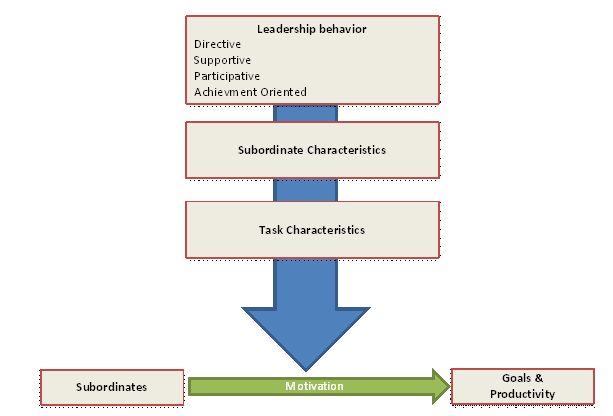Northouse (2022) defines followership, as “As a process whereby an individual or individuals accept the influence of others to accomplish a common goal” (p.353). Followership can have a negative or positive connotation. It is safe to say that since leadership perspectives have evolved so have the understanding of followership and the critical role it plays in today’s society. We will focus on the positive aspects of followership and how it applied to an academic journey in my life.
I developed my ability to be an effective follower during my internship at a mental health facility. The personality traits that I presented were my ability to be insightful and adaptable to my environment. The leader, who was my supervisor, was able to gain from these traits because during follow-up meetings we would discuss alternative therapeutic approaches that would assist clients with their obstacles. I would categorize my involvement with the company as being relational-based. The relational-based perspective emphasizes human relationships and interactions (Northouse, 2022). The CEO and I developed a communication style that allowed us to work as a team by collaborating on projects and job shadowing which led to moments where my feedback was needed and valued.
Being a follower during my internship motivated me to continue pursuing my goal of becoming a leader in the psychology field. At the facility, I was persistent in accepting any networking opportunities that presented itself during my time there. I would ask for more assignments during downtime and would often participate in tedious tasks that other interns showed no interest in doing. This was my way of taking a proactive approach to support the supervisor and the organization. As it relates to the follower typology, I supported the leaders I interacted with. I would have identified myself as being an implementer. An implementer does the bulk of the work and enjoys doing it but does not challenge or question the leaders often (Northouse, 2022). I found it hard to criticize and object to certain operations because I was learning the field myself. Being a follower helped me be less judgmental because I did not want that same judgment but instead receive grace in any mistakes that I make (Dodd, 2020).
My level of engagement as it pertains to Kellerman’s typology during my internship was “participant”. A participant either supports or opposes the leader, either way, they are engaged (Northouse, 2022). My goal was to make an impact by bringing my own personal and professional expertise and applying that to my internship role. Meanwhile, I supported my supervisor in most of the choices that she made. I admired the way she treated clients, her dedication to the practice, and her ability to keep her composure during moments of heightened stress.
To conclude, it’s important to note that followers are just as essential as leaders in the success of an organization. One’s success during their journey as a follower could ultimately determine the type of leader they could become. However, to be an effective follower you have to be a diligent worker, understand and learn the mission of the organization, be able to identify what bad leadership looks like, and most importantly show how you can be of value while still being a humble person.
References
Dodd, B. (2020, September 7). 9 Benefits To Being A Good Follower. Brian Dodd on Leadership. https://briandoddonleadership.com/2020/09/07/9-benefits-to-being-a-good-follower/
Northouse, P. G. (2022). Leadership:Theory and Practice (9th ed.). SAGE Publications







